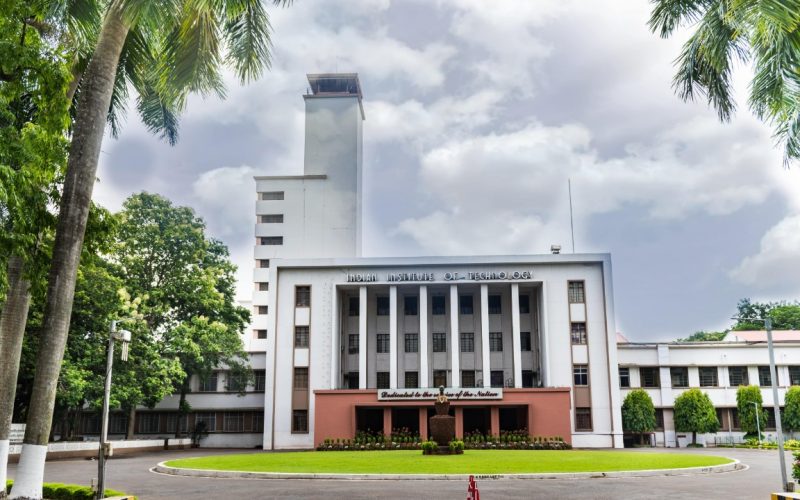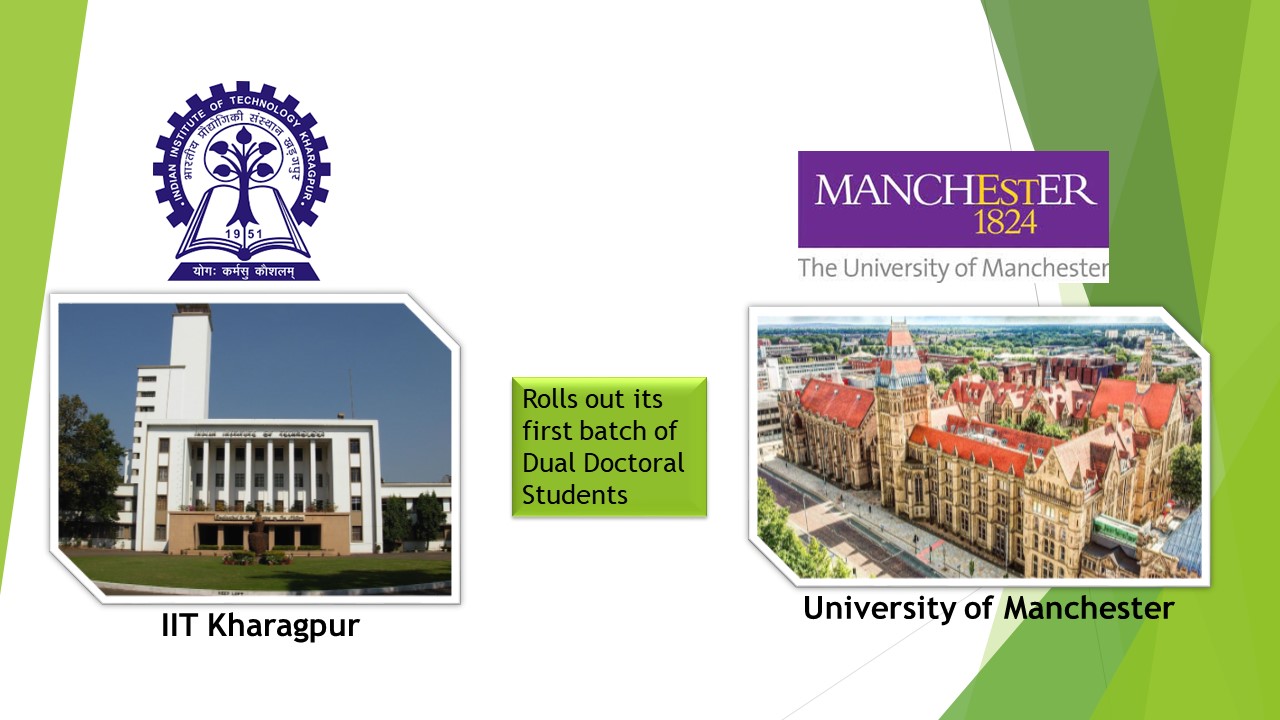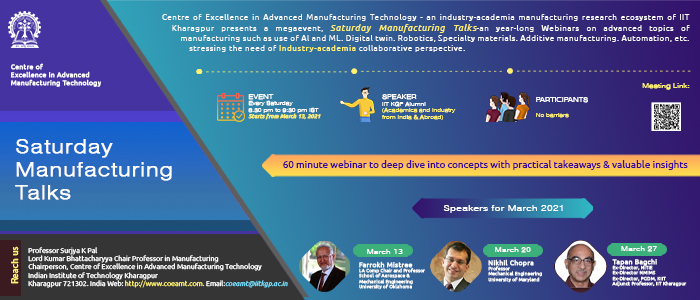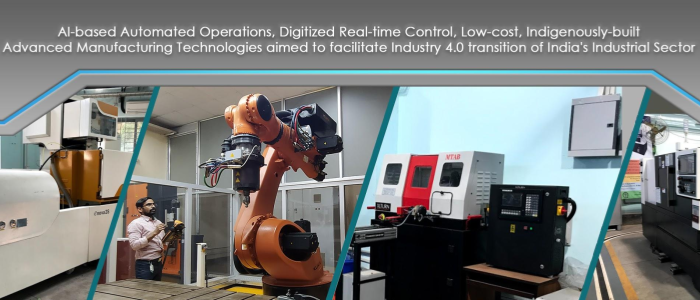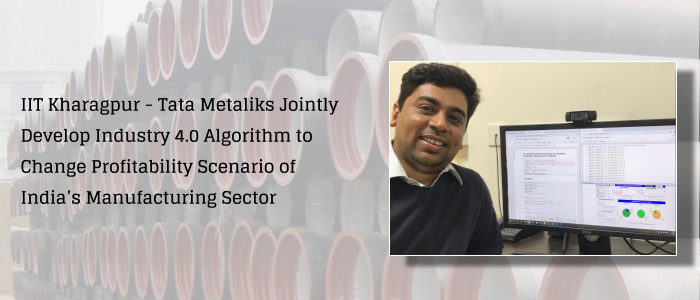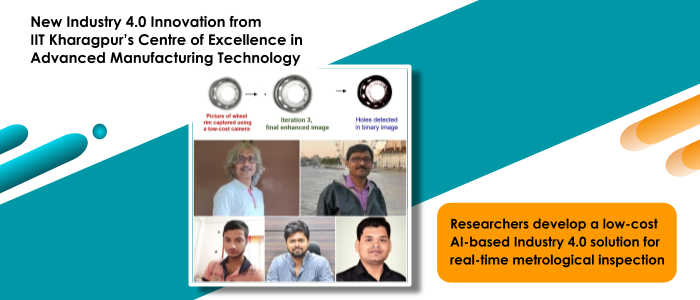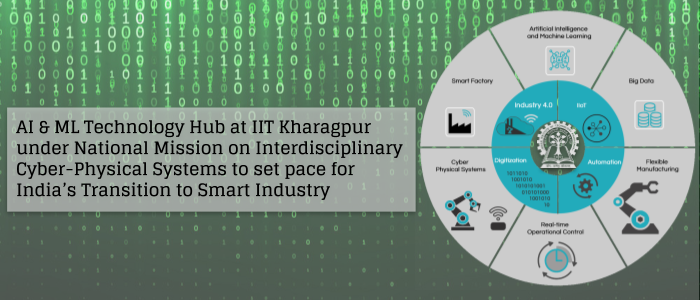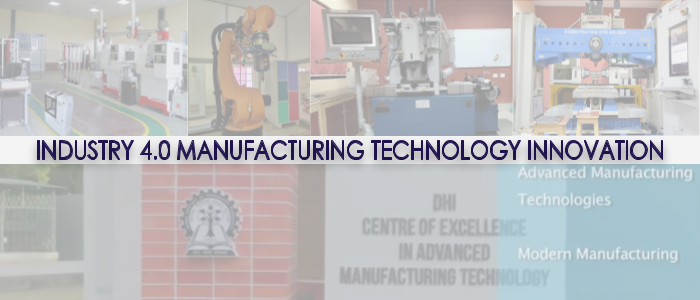
IIT Kharagpur inks MoU with HCLTech to Jointly Develop Innovative and Sustainable Solutions for Petroleum Industry
IIT Kharagpur inked a Memorandum of Understanding (MoU) with HCLTech, a leading global technology company on 31 May 2023, to collaborate in the field of petroleum engineering and earth sciences. HCLTech and IIT Kharagpur will jointly develop innovative and sustainable solutions to address critical challenges of the petroleum industry including reduction of carbon footprint and provide significant sustainable solutions towards net zero carbon emissions. “We are pleased to work with HCLTech on this path-breaking initiative. Academia and industry need to forge such symbiotic partnerships that will be instrumental in advancing research and innovation in technology, besides creating a skilled workforce.…

